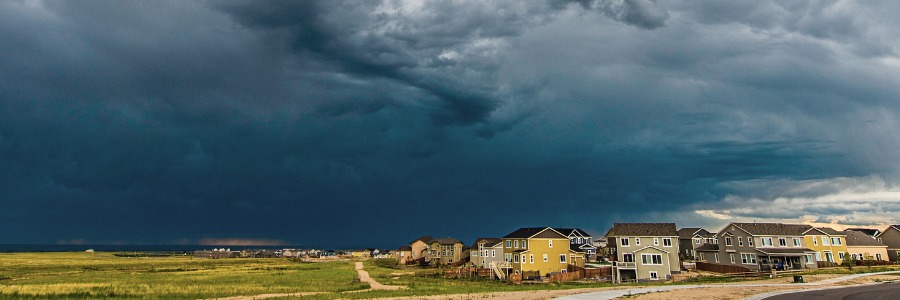In most cases, light rain or a soft winter snowfall will not significantly affect your internet. Although, you might experience more network congestion on bad-weather days simply because more people are staying cooped up in their houses and using the internet more (a blanket and Netflix, anyone?).
But rainstorms and snowstorms can certainly cause slowing, lagging, and even full on internet outages. Here’s the scoop on what kind of weather is most likely to cause an outage with certain types of internet—and how you can prepare for storm-related outages.
- Satellite reception problems occur when rain or wind storms rock your satellite dish—or snowstorms block it with thick, interrupting snowflakes.
- 5G home internet and other fixed wireless providers are particularly susceptible to rainstorms, as the raindrops can disrupt the signals going through the air.
- Cable internet providers usually go out during storms when heavy rains or winds have pulled out or damaged cable lines.
So how do you counter weather-related disruptions to your internet service? Check out some of our top fixes below.
